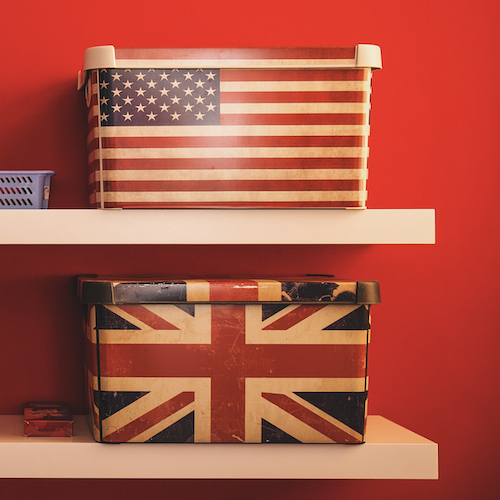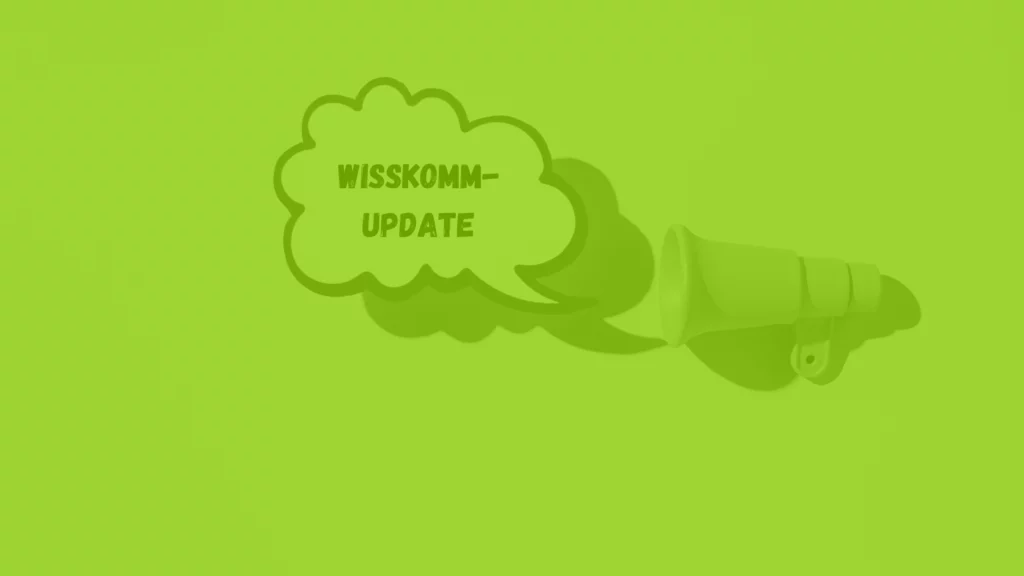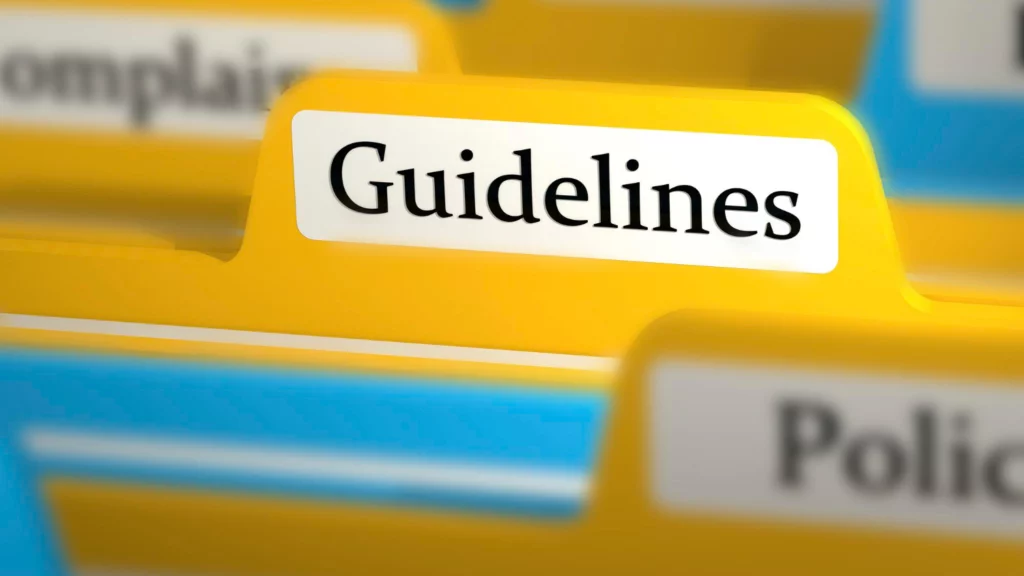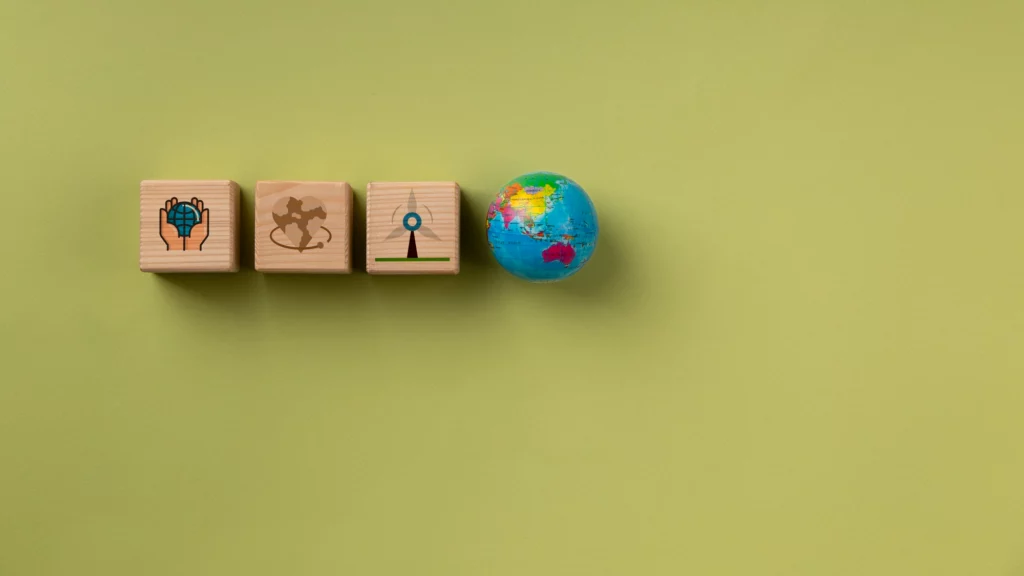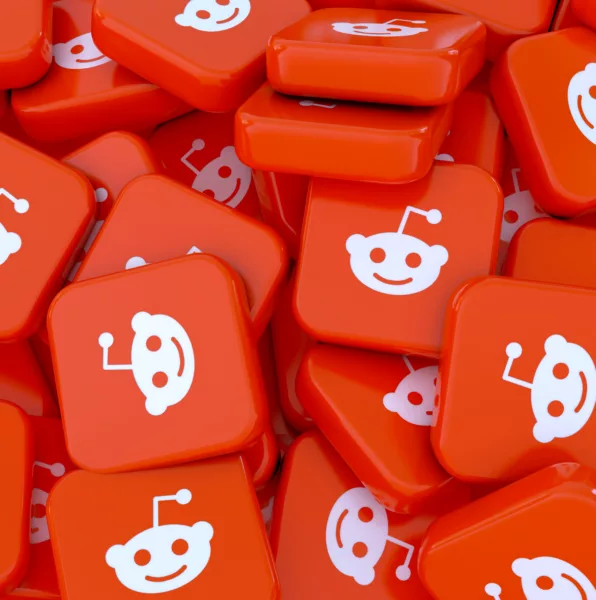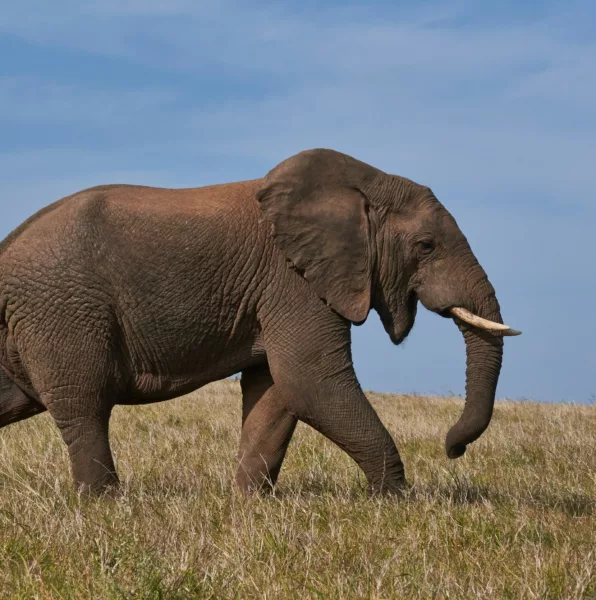How does the corona pandemic affect trust in science in European countries? A paper gives insights into recent surveys from Sweden, Germany, Ireland and Italy. Co-author Cissi Askwall speaks about the numbers, the debate in Sweden, and why the paper advocates for a more dialogue-oriented science communication.
„More needs to be done“
Mrs. Askwall, you recently co-authored the paper: “Trust in science: assessing pandemic impacts in four EU countries”. What is the message of the paper?
It is very important to tell that trust in researchers and confidence in scientific institutions is generally higher than many public discussions suggest. We often read about the problem, that people are distrustful, that there are a lot of conspiracy theories, fake news, or resistance against scientific knowledge. And of course, that is a problem, but it might not be as large as it appears to be. For the paper, we looked into the results of surveys examining trust in science in many countries and focused especially on four: Germany, Sweden, Ireland, and Italy. And although it is really difficult to make direct comparisons between these surveys since they differ a lot in terms of language, questions asked, survey techniques and so on, we still found generally high numbers of approval when asked about trust in both research and researchers.
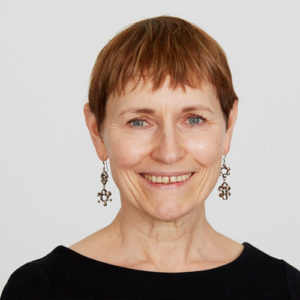
You especially looked into the impact the corona pandemic has had on this. Were there any bigger changes?
Actually, no, and that is the point. In Sweden, for instance, we see stable attitudes regarding trust in researchers and other professional groups – not only in the long term but also during the pandemic. We didn’t find any decrease but rather an increase in public trust in researchers during the last year. And this goes for the other countries we assessed in the paper as well. What we did find in Sweden, however, were changes in confidence towards the media outlets during the course of the pandemic.
Why is it important for you to discuss trust in science, even if the numbers are quite stable?
There has been a lot of public debate already on how trust in science is affected by the pandemic and everything that goes with it. The idea for the paper came up during a joint session we had at the EuroScience Open Forum which took place in early September. We, the authors of the paper, were all part of a session in which we discussed trust in science in different European countries. We concluded that it wasn’t such a big problem as has been suggested. Therefore, we decided to give an insight into trust in science in different countries and our view of the development.
How do trust in different groups and institutions relate to, and affect, each other?
Well, you can trust people, like friends, neighbors, and colleagues, or professional groups, like doctors or researchers, and you can have confidence in societal institutions like universities or the government. These relationships of confidence, especially between different people like scientists and policymakers, are very interesting to look at during the pandemic because actual policymaking is based on or at least informed by research. If we look at Sweden for instance, it has been quite unclear which role science is supposed to play in this process. The Public Health Agency of Sweden has been making policy recommendations and the government has practically copy-pasted them. This has led to a debate about whether the government should also listen more to other experts, the international research community, or the World Health Organization. There was a big interrogation on public service television in January 2021 where the Prime Minister and the State Epidemiologist of the public health agency were questioned about their work during the pandemic. So that is another debate in Sweden.
The Swedish way of dealing with the pandemic has been rather unique in Europe. How does that affect trust or confidence in science and authorities?
We had some questions in our latest annual VA barometer (which is very similar to the “Wissenschaftsbarometer” in Germany), which might be of interest. We asked, for instance, whether people feel that policymakers listen enough, too much, too little, or to a reasonable extent, to researchers – when making political decisions in general, but also specifically in the handling of the pandemic. As many as 55 percent of the respondents felt that it’s about the right level of scientific influence on policymaking concerning the pandemic. In contrast, only 32 percent stated that research has a reasonable influence on decision-making in general.
When it comes to confidence towards researchers in general we see an increase in the barometer, which was conducted in September 2020, in comparison to the year before. 88 percent of the respondents had fairly high or very high confidence in researchers. That’s nine percentage points more compared to 2019. And generally, universities in Sweden are highly regarded in relation to many other societal institutions. The barometer results have just recently.
What further development do you aim to achieve with the paper?
If you could make a wish for the field of science communication, what would it be?
